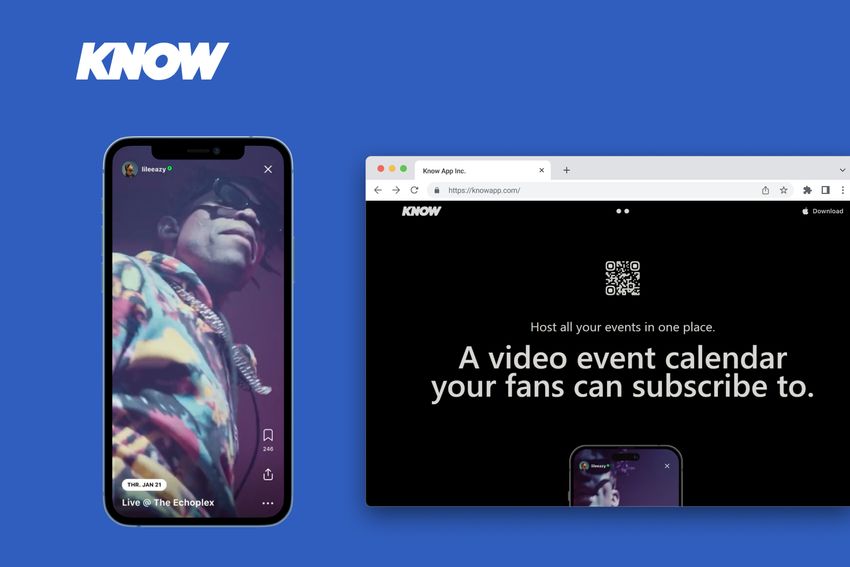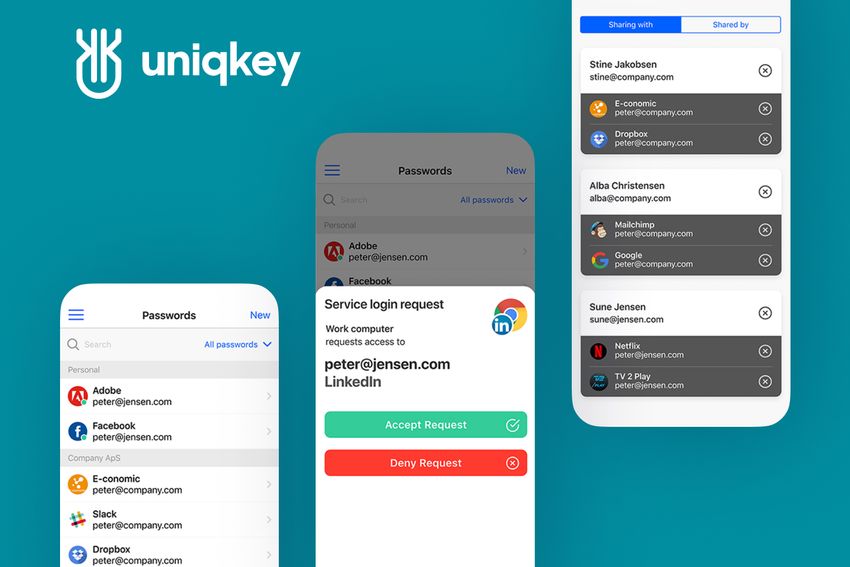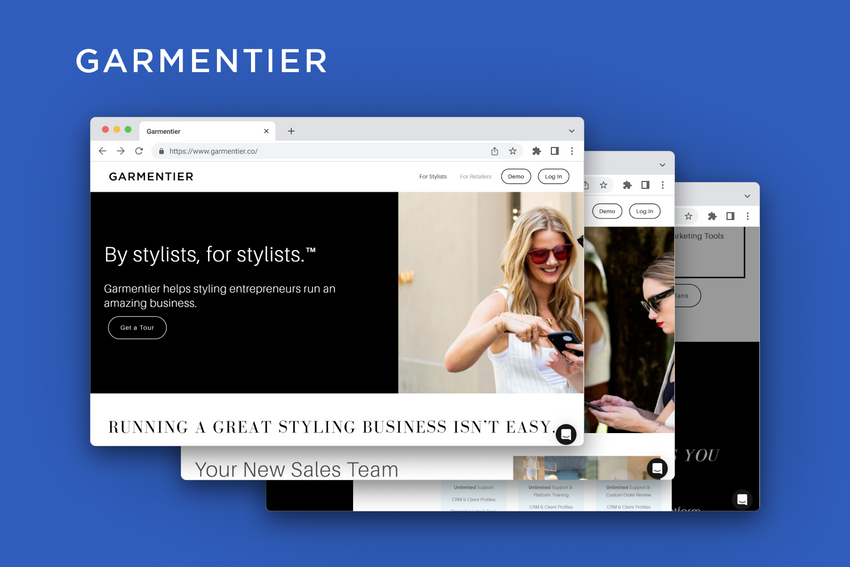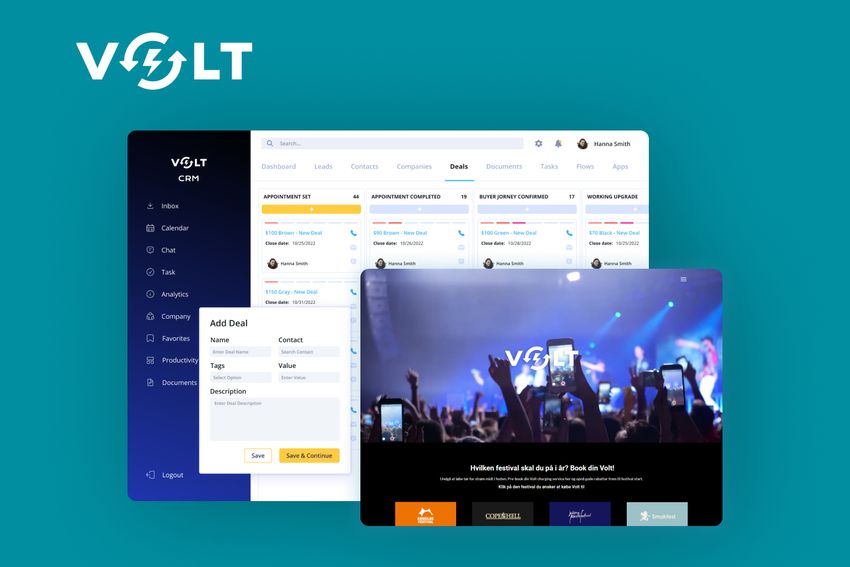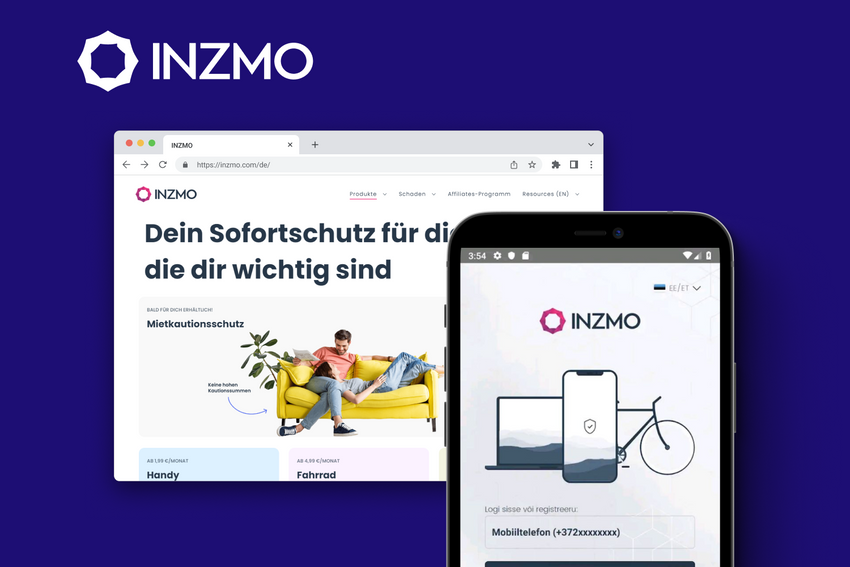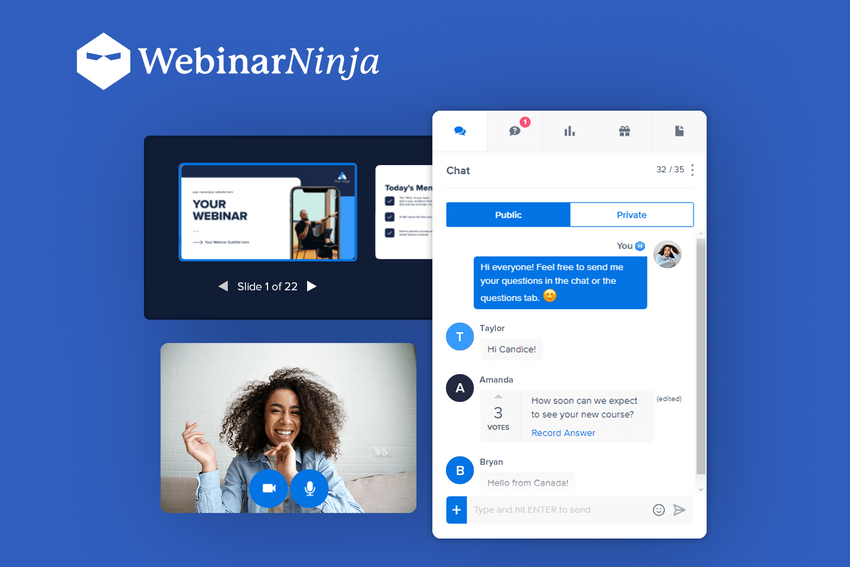Wearable Devices in Healthcare: Benefits, Challenges, and Use Cases
Discover state-of-the-art types of medical IoT devices as well as pros and cons of their usage.
According to Business Insider Intelligence, the use of IoT wearable devices has grown 3 times in the past 4 years. They have long become more than just sport trackers: wearables are smart helpers in all fields of monitoring people’s health, from blood pressure to the level of hormones. In our short review we have tried to sort them out, revealing positive effects of medical IoT usage and paying attention to the problems connected with wearable devices in healthcare.
Map of Medical IoT Usage
Starting from simple pulse trackers more than 10 years ago, wearable IoT devices have already turned into smartwatches, wristbands, patches and mobile apps that penetrated every field of human life, the most important of which is healthcare. Now IoT devices are not only widely recommended as a part of preventive and chronic diseases curing programs, they are used in combating such nasty illnesses as cancer, diabetes, depression, hormone imbalance and many others.
Wearables can be used both in clinics and at homes, so they have already started to change the healthcare industry as we know it. There are already implantable devices detecting hypertrophic cardiomyopathy, cancer cells monitoring system, wearable insulin pumps, wrist vibrators that combat Alzheimer’s and even systems that help to overcome alcohol addiction - the range of IoT devices usage in medicine is really unprecedented.
Insurers also have started to use the benefits of wearables, providing them as a part of the premium package for free. Some even make discounts on premium in case of IoT devices usage. The reason is simple: these devices collect health data and detect the real state of the body in a certain period of time. It saves the company's time and resources on verification of the customer’s data and helps to estimate the needed amount of the insurance coverage, automating the daily routine of the employees.
Giant corporations and even medium-sized companies have also started to propose wearables to their workers to monitor their health, and people support this idea. As a result, both corporations and people win: a three-year survey on the employees who used IoT devices showed a 44% decrease in sick days.
Why All the Hype
The main reason why companies not only from healthcare, but also nursing, insurance and many other industries all around the world embed medical IoT is not some economical side, but a significant improvement in patients’ caring experience, which falls into several important benefits.
Engaging people in health control
The most important benefit of medical connected devices is that they motivate people to control the state of their health. According to McKinsey, as much as 20% of the yearly healthcare expenses are caused by bad people’s habits such as lack of sleep and activity, bad nutrition and addiction to alcohol and tobacco. 62% of the responders say that wearable medical devices help to engage them in health control on a daily basis. Levels of water and fats, personal weight and heartbeat, biological age of the body and lots of other indicators - as soon as people see them they are eager to improve them, starting to understand the importance of being healthy.
Early disease detection
With wearable healthcare technology disease detection has come to the next level: now people can themselves pay attention to significant changes in their body, notify the doctor online through a mobile app and get personal recommendations the same day. This not only contributes to a faster recovery, but also reduces the risk of the side effects development.
Reducing the frequency of visits to the doctor
For those patients who have chronic diseases, wearable medical devices are a real godsend. They analyse risk factors such as weather, the quality of food, the amount of sleep, the rate of stress and monitor the state of the certain parts of the body to notify the patient when it’s time to change the daily routine or take medicines to prevent the disease relapse. Internet of things devices save patients’ time and money, help medical centers to focus on urgent diseases treatment and alleviate the burden of doctors.
Easy patients’ data sharing
Medical monitoring devices are often a part of the patient care ecosystem, which includes personal doctors of the patient as well as several clinical and diagnostic centres. IoT connects these parts together and enables real-time data sharing between them, so no data can be lost or changed.
Challenges and Opportunities for Growth
As many other emerging technologies, wearables also have some drawbacks and challenges to be solved. The first place here is the question of data quality: malfunction or simple misuse of IoT devices as well as low battery or bad Wi-Fi connection can easily lead to misinterpretation of the results. This is the challenge IoT providers are trying to solve right now. Experts from Queensland University say that IoT companies should turn to independent medical research to test and validate the accuracy of their trackers. But nevertheless they stress out that both patients and doctors are responsible for verifying and questioning the results gained, especially if they differ from the patient’s symptoms.
The second place takes cybersecurity: with such enormous amounts of data being processed by medical IoT devices every second it’s getting harder and harder to keep it private and protect it from data breaches. IoT developers practice strict HIPAA compliance regulations as well as data anonymization practices, but there is still a room for improvement.
The last and most difficult challenge to solve is to form an adequate attitude towards medical monitoring devices. Sensitive hypochondriacal people often overestimate the data gained from IoT sensors and worry about their health conditions too much, which causes real harm to obviously healthy people. Others vice versa consider wearables as the complete replacement of traditional appointments at the doctor and neglect their alarming symptoms, increasing the risk of turning their diseases into chronic ones.
The truth is IoT devices will never replace the whole healthcare domain, they are rather a good technical system of detecting and monitoring diseases, which enables a better doctor-patient experience and gradually improves the quality of people’s lives. If you want to contribute to this system and get a qualified IoT devices consultation, feel free to contact us, tell more about your idea and we will help you make it real.
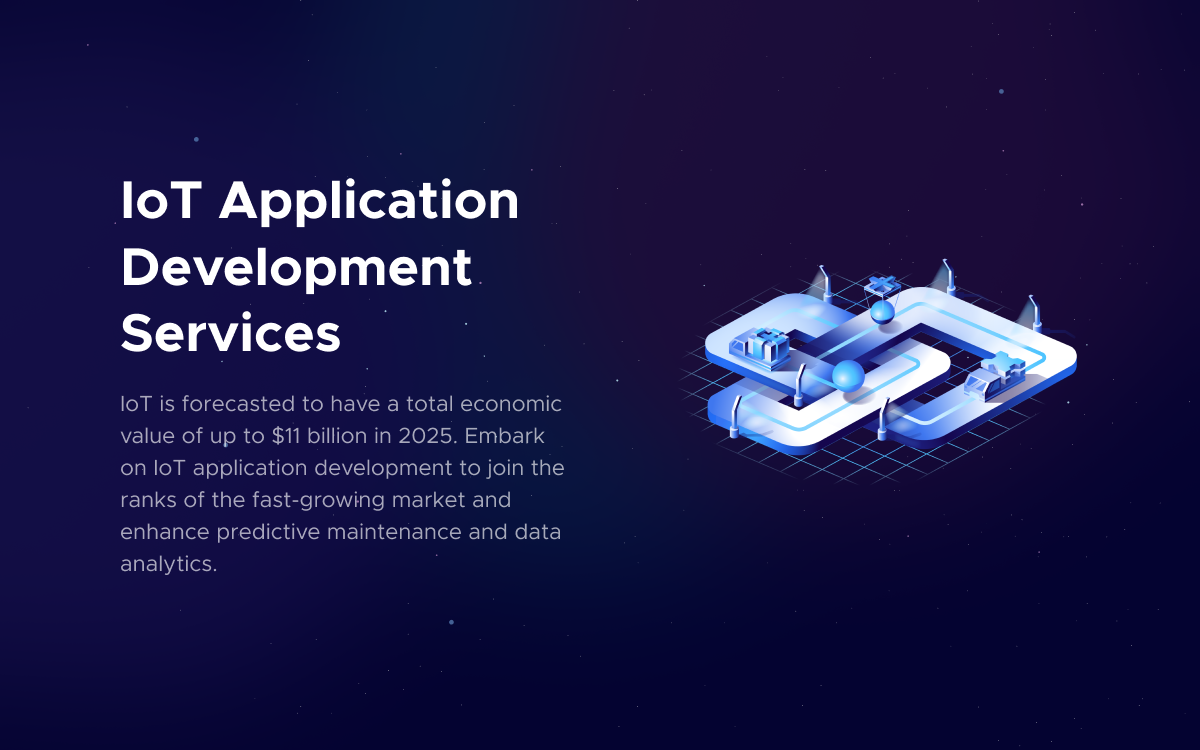
Need Help With A Project?
Drop us a line, let’s arrange a discussion

